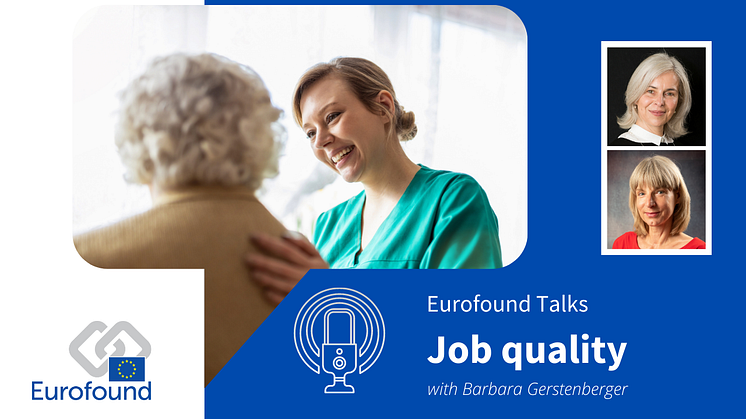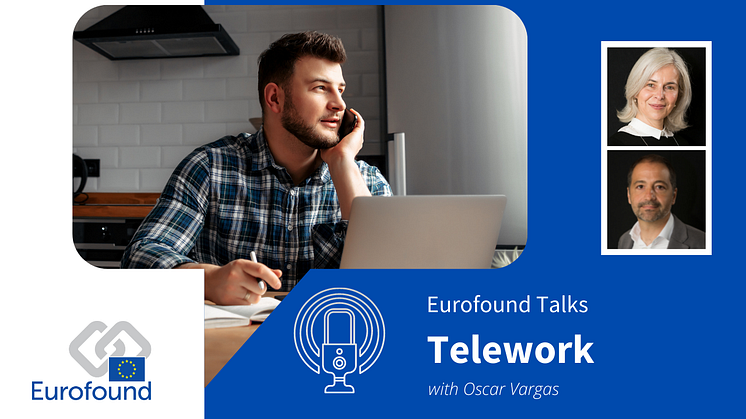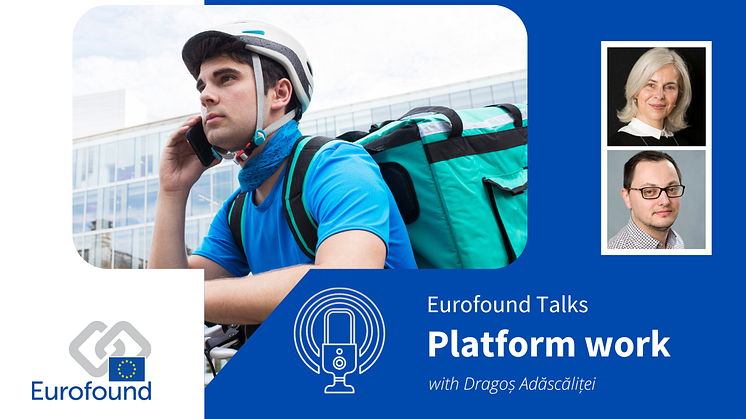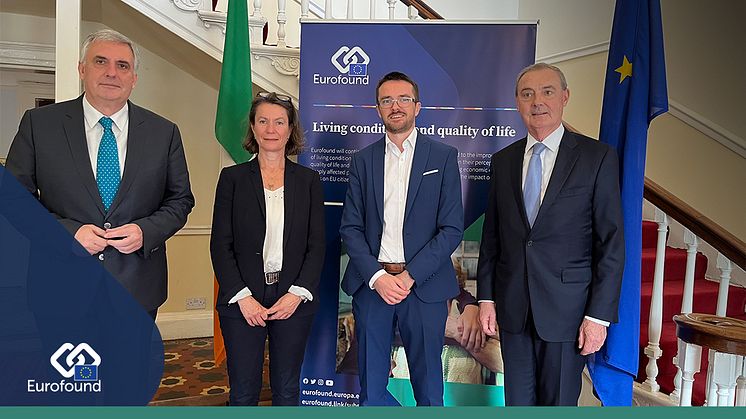Eurofound Talks Job Quality
The new episode of Eurofound Talks looks at the issue of job quality in the modern workplace. Mary McCaughey speaks with Eurofound Head of Unit for Working Life Barbara Gerstenberger about what the EWCTS reveals about job quality, the implications of poor-quality jobs on well-being and broader society, and what policymakers can do to improve the working lives of people in Europe.




















